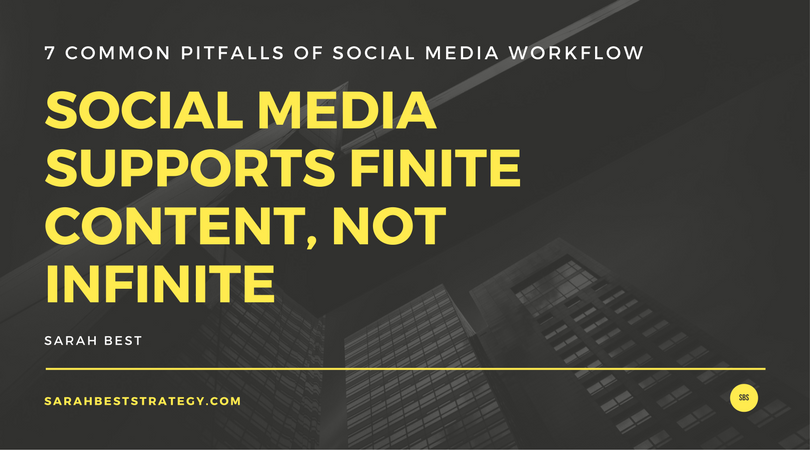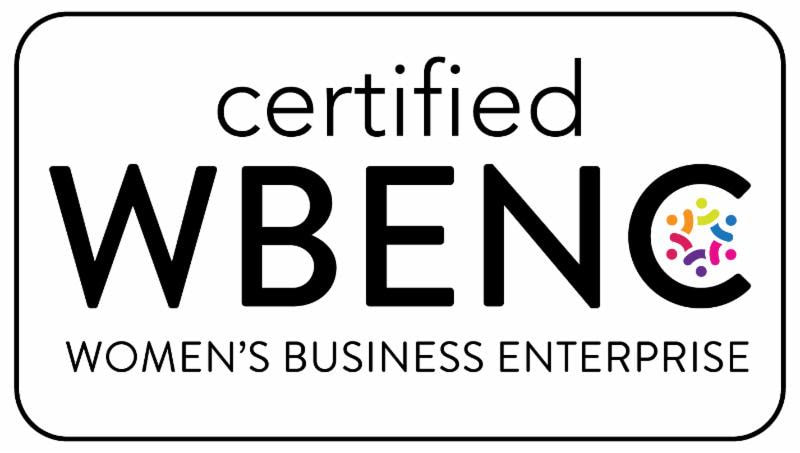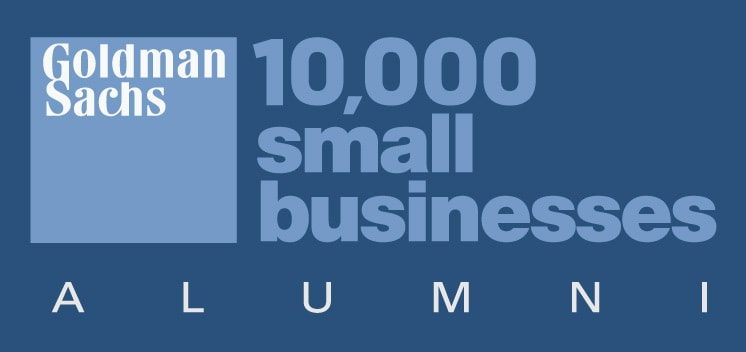|
By SARAH BEST Often the challenges that keep a business from achieving success with social media have nothing to do with how well the social media content is written, or how strong the strategy is. Rather, the roadblocks are related to a team's social media workflow. Social media workflow, also known as governance, describes how your team works together: when content is due, how it is planned and reviewed, how to respond to customer service inquiries and crises, and how you’re evaluating your success. It’s a set of guidelines for your social media management team that will help them be successful. Here are some common workflow issues that we frequently see when conducting a social media audit: 1. No clear visionA clear vision statement helps you to concisely communicate to executives and staff what you’re doing your social media program and why you’re doing it. In a perfect world, we could spend an endless amount creating digital marketing content. In the real world, we have to prioritize the activities that have the most impact, make decisions about how to build our teams, and concentrate our spend around the campaigns that matter most. 2. People are giving you content at the last minuteIf your team is receiving most of their content at the very last minute, you may feel that you're doing social media, but not strategically. When every piece of content is urgent, it leads to mistakes, competing sets of needs, inadequate promotion, lack of coherent messaging, and social media manager burnout. Sometimes the problem is not that you don’t have a social media strategy in place but rather that you don’t have or enforce deadlines that promote accountability. Social media supports a finite amount of content, not an infinite amount of content. If you communicate the consequences of missing a deadline (losing a slot in your social media content planning matrix), this might motivate them to give you the materials you need on time. Engaging people in cross-team editorial board meetings on a quarterly basis, can also create a longer view of what’s happening with your social media program. It can help people prepare the materials and messages you need ahead of time, and can support cross-promotion between teams. 3. You don't have enough time.Oh yeah. We hear you. But the reality is that planning always saves time. It means that you can sit down and compose or schedule a bunch of social media content at once, instead of trying to deal with it as it comes up. It also ensures that your content has coherent themes and calls to action. 4. You don't have enough moneyWhether you’re a big or small organization, chances are you feel that you don’t have enough money to promote your content, or accomplish your goals. A social media audit can help give you objective data that supports a request for additional resources. It can also help identify efficiencies. 5. Lack of trainingIf you're feeling frustrated about the quality of your social media posts, or want to add a new element to your program, consider bringing in outside consultants, or setting up peer-to-peer learning such as a brown bag lunch series, to help your staff develop skills to improve your social media program. Record sessions when possible so that staff can seek training on demand. 6. Lack of toolsYou need to make sure that your social media manager has the tools that they need to be time efficient and track the results of their efforts. Reporting is extremely difficult without professional social media management tools. 7. Lack of templatesLooking for consistent metrics and better quality reports from your teams? If you work at a larger organization, you might also consider creating a reporting template in Google Drive. This ensures that staff report on metrics that matter. It will also help your organization track metrics consistently across programs, and collaborate on reports where appropriate.
|





 RSS Feed
RSS Feed




